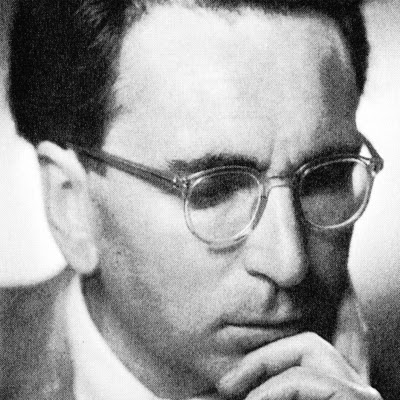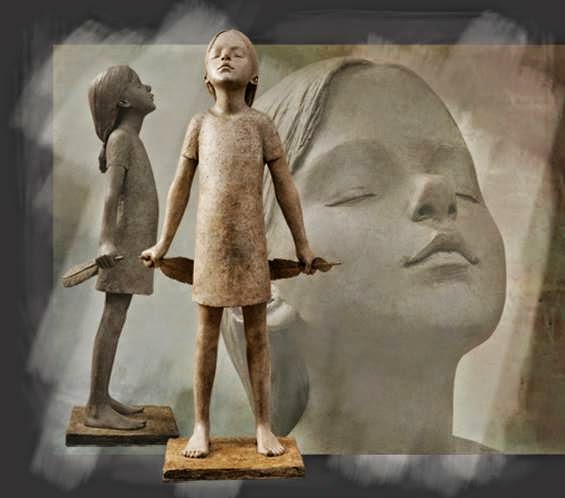Five year old Evie had a great question for the illusionist
Derren Brown: ‘How can we be sure that life isn’t just a dream?’ Brown’s reply
is fantastic: ‘Often we have dreams and they feel so real that we might wonder
whether we’re dreaming right now too. It feels like you’re wide awake now, but
doesn’t it feel like you’re wide awake in dreams too? How on earth can you tell
the difference….Well, at least you know you’re probably real? Because even if you were having a dream right
now there would have to be a you somewhere who was having that dream about
yourself…we only ever really know about the stuff we see and hear and feel …so
even though you’re probably not dreaming, it’s worth remembering that you’re
only aware of a small part of what’s real too. ‘Grand Philosophy condensed into
a tiny capsule! Amazing…
Excerpt from: ‘Does
my Goldfish know who I am? Scientists and Writers Answer Little Kids’ Big Questions about how Life
Works.’
Artist: Nino Chakvetadze
Pic re shared courtesy: www.facebook.com














